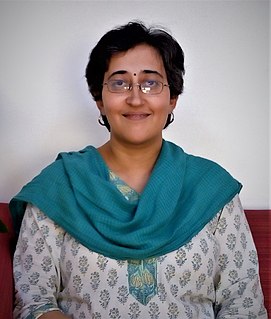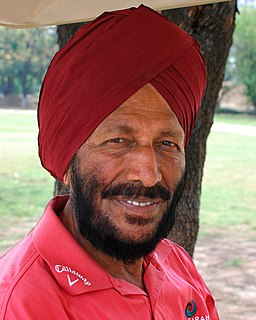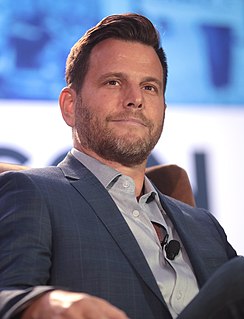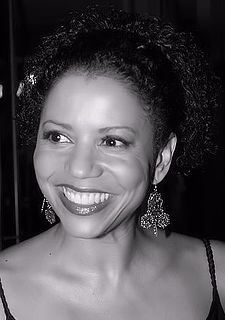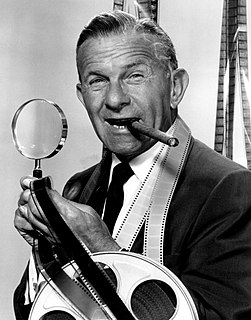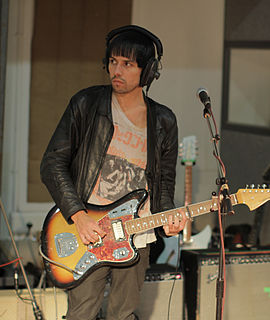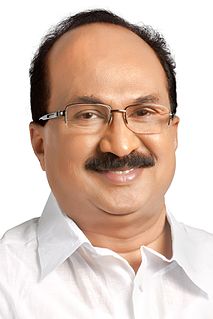A Quote by Atishi
After I returned from Oxford, I spent 5-6 years in a village in Madhya Pradesh - 25 km. outside Bhopal - along with a group of people working with the communities. But, over time, we realised that there were just too many constraints, and for ordinary citizens to be the change agent was not that easy.
Related Quotes
In my writing, I want to address all communities, you know. I've spent many years talking about Chicano culture, Chicano history, and at the same time, I've also been in many communities and presented my work in many communities, in many classrooms, and that's where my vision is and my delight is and my heart is.
I used to live in a village, and I always loved listening to old people. Unfortunately, it was always women who were talking, because after the war, very few men were around. I spent my entire life living in the village. The village is always talking about itself; people are talking to each other as the village makes sense of itself.
It used to be that the working class, broadly speaking - Americans who worked with their hands, who worked in factories, who were not in management - were an interest group, a political interest group. And their main spokespersons were the Democrats. Their platform was the Democratic Party. And that began to change after the 1960s. Not for black or other working class Americans, but for white working class.
After we finished touring 'Ignore The Ignorant' we had this perfect idea that we were going to take a couple of years off, that was the plan. Because we thought we were definitely going to take time off, I was going to go back to college, that was what I was going to do. Because the whole idea of it was that I have spent ten years in this band and not even realised that that amount of time has passed.
Latino actors and actresses have had to struggle for decades, but when I came around with Real Women Have Curves, attitudes were starting to change. We screened the film all over the world - in Jewish communities, black communities, Greek communities, German communities - and people across the board said, "That's my family."
